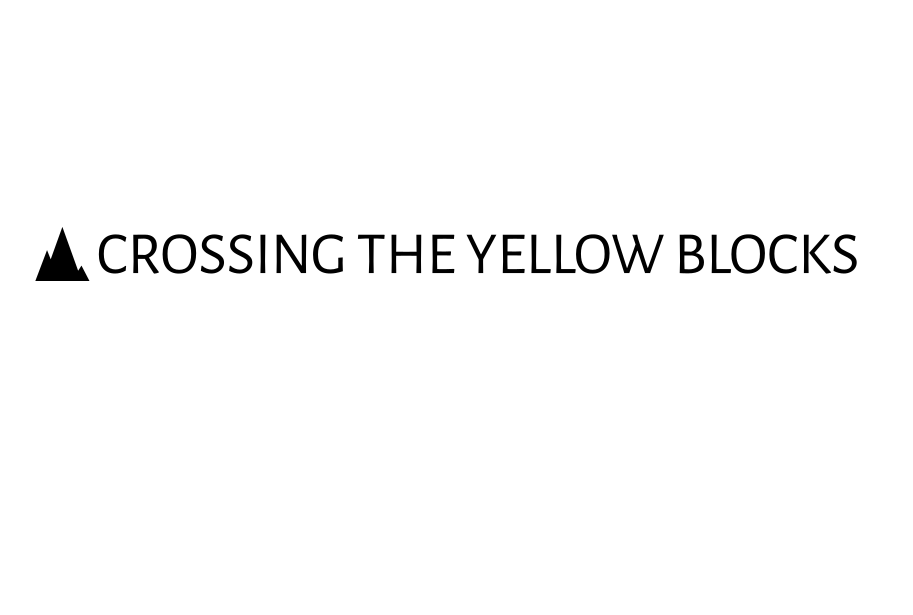Welcome to the world of Forex trading! If you’re a beginner looking to dive into the exciting and potentially profitable world of foreign exchange, you’ve come to the right place. In this comprehensive guide, we will walk you through essential Forex trading strategies designed specifically for beginners. Whether you’re completely new to trading or have some basic knowledge, these strategies will provide you with a solid foundation to start your Forex journey.
What is Forex Trading?
Forex trading, also known as foreign exchange trading, is the buying and selling of currencies on the global market. The Forex market is the largest and most liquid financial market in the world, with trillions of dollars being traded daily. As a beginner, understanding the fundamental concepts and strategies is crucial before diving into the Forex market.
Forex Trading Strategies for Beginners
1. Understanding Market Analysis
Before executing any trades, it’s essential to analyze the market. Two primary types of analysis are commonly used in Forex trading:
a. Fundamental Analysis
Fundamental analysis involves evaluating economic factors, such as interest rates, employment data, and geopolitical events, that can impact currency values. Keeping an eye on economic calendars and news releases can help you make informed trading decisions.
b. Technical Analysis
Technical analysis focuses on historical price patterns and market trends to predict future price movements. It utilizes charts, indicators, and patterns to identify potential entry and exit points. Learning to read and interpret charts is a valuable skill for any Forex trader.
2. Developing a Trading Plan
A well-defined trading plan is crucial for success in Forex trading. It helps you stay disciplined, manage risks effectively, and avoid emotional decision-making. A trading plan should include:
a. Trading Goals
Set realistic and achievable goals based on your risk tolerance and investment capital. Goals can include profit targets, risk-to-reward ratios, and the number of trades per week.
b. Risk Management
Implement proper risk management techniques, such as setting stop-loss orders and using appropriate position sizes, to protect your capital and minimize losses.
3. Choosing the Right Broker
Selecting a reliable Forex broker is vital for beginners. Look for brokers regulated by reputable financial authorities and consider factors like trading platforms, spreads, fees, and customer support. Ensure the broker offers a demo account for practicing your strategies before trading with real money.
4. Start with a Demo Account
As a beginner, it’s recommended to start with a demo account provided by your broker. A demo account allows you to trade with virtual money, providing a risk-free environment to practice your strategies and gain confidence before trading with real funds.
5. Mastering Risk Management
Managing risks effectively is crucial in Forex trading. Here are some key risk management techniques:
a. Use Stop-Loss Orders
Set stop-loss orders for every trade to limit potential losses if the market moves against you. A stop-loss order automatically closes a trade at a predetermined level.
b. Position Sizing
Determine the appropriate position size based on your risk tolerance and the distance between your entry point and stop-loss level. Avoid risking too much of your capital on a single trade.
6. Focus on a Few Currency Pairs
When starting out in Forex trading, it’s advisable to focus on a few currency pairs rather than trying to trade all available pairs. By concentrating your efforts on a select few, you can better understand their behavior, monitor their trends, and make more informed trading decisions. Here are some popular currency pairs to consider:
| Currency Pair | Description |
| EUR/USD | Euro/United States Dollar |
| GBP/USD | British Pound/United States Dollar |
| USD/JPY | United States Dollar/Japanese Yen |
| USD/CAD | United States Dollar/Canadian Dollar |
| AUD/USD | Australian Dollar/United States Dollar |
| USD/CHF | United States Dollar/Swiss Franc |
By focusing on these major currency pairs, you’ll benefit from their liquidity, which means there is a high volume of trading activity, making it easier to enter and exit trades. Additionally, major currency pairs often have lower spreads, reducing trading costs.
When selecting the currency pairs to focus on, it’s essential to consider factors such as economic stability, political events, and market volatility. By staying up-to-date with global news and events, you can better anticipate how these factors may impact the selected currency pairs.
Benefits of Focusing on a Few Currency Pairs
- Deeper Understanding: By concentrating on a few currency pairs, you can develop a deeper understanding of their price patterns, market behavior, and reactions to economic events. This knowledge can give you an edge in making profitable trading decisions.
- Efficient Research: Researching and analyzing a limited number of currency pairs allows you to allocate your time and resources more efficiently. Instead of spreading yourself thin, you can thoroughly study the selected pairs and identify potential trading opportunities.
- Improved Accuracy: Focusing on a few currency pairs enables you to become more familiar with their historical price movements and technical indicators. This familiarity can enhance your accuracy in identifying trends and predicting future price movements.
- Better Risk Management: Managing risk is crucial in Forex trading, and focusing on a few currency pairs can help you develop effective risk management strategies. By closely monitoring these pairs, you can set appropriate stop-loss levels and position sizes to protect your capital.
- Increased Confidence: As you become more familiar with the behavior of specific currency pairs, your confidence in trading them will grow. This confidence can positively impact your trading psychology, helping you make disciplined and rational trading decisions.
Remember, even when focusing on a few currency pairs, it’s essential to keep monitoring the broader market and staying informed about global economic and political developments. Forex trading requires continuous learning and adaptation to ever-changing market conditions.
By focusing your efforts on a few carefully chosen currency pairs, you can develop expertise in trading them, increase your chances of success, and gradually expand your trading repertoire as you gain experience.
Frequently Asked Questions (FAQs)
Q1: What is the best time to trade Forex?
The Forex market operates 24 hours a day, five days a week. However, the best time to trade depends on the currency pair and the market session overlap. The most volatile trading sessions typically occur during the London and New York session overlaps.
A1: It is recommended to research and analyze the specific currency pairs you intend to trade to determine the most active trading hours.
Q2: Can I trade Forex with a small amount of capital?
Yes, you can start trading Forex with a small amount of capital. Many brokers offer mini or micro accounts that allow you to trade with smaller position sizes. However, it’s important to manage your risk and avoid overexposing your account.
A2: Start small, focus on learning, and gradually increase your position size as you gain experience and confidence in your trading strategies.
Q3: How long does it take to become a successful Forex trader?
Becoming a successful Forex trader requires time, dedication, and continuous learning. The learning process varies for each individual, but it generally takes months or even years to develop a consistently profitable trading strategy.
A3: Stay committed to your education, practice regularly, and learn from your mistakes. With persistence and the right mindset, you can increase your chances of becoming a successful Forex trader.
Q4: Is it necessary to use leverage in Forex trading?
Using leverage in Forex trading is optional and depends on your trading style and risk tolerance. Leverage allows you to control larger positions with a smaller amount of capital. However, it magnifies both profits and losses, so it should be used with caution.
A4: It is crucial to understand the risks associated with leverage and use it responsibly. Start with lower leverage ratios and gradually increase as you gain experience.
Q5: What are some common Forex trading mistakes beginners should avoid?
Some common Forex trading mistakes beginners should avoid include overtrading, not using stop-loss orders, failing to follow a trading plan, and letting emotions dictate trading decisions. It’s essential to stay disciplined and approach trading with a strategic mindset.
A5: Focus on quality trades rather than quantity, always implement risk management techniques, stick to your trading plan, and remain emotionally detached from your trades.
Q6: Are there any Forex trading courses or educational resources for beginners?
Yes, there are numerous Forex trading courses and educational resources available for beginners. Many brokers offer educational materials, webinars, and video tutorials. Additionally, there are online platforms and forums where traders share their knowledge and experiences.
A6: Take advantage of the educational resources available, but remember that hands-on practice and real-market experience are equally important. Continuously educate yourself to enhance your trading skills.
Conclusion
As a beginner in Forex trading, it’s crucial to start with a solid foundation and gradually build your skills and knowledge. By understanding market analysis, developing a trading plan, and mastering risk management, you can navigate the Forex market with more confidence and increase your chances of success. Remember, Forex trading is a journey that requires dedication and continuous learning. So, take your time, practice your strategies, and always strive to improve your trading skills.

